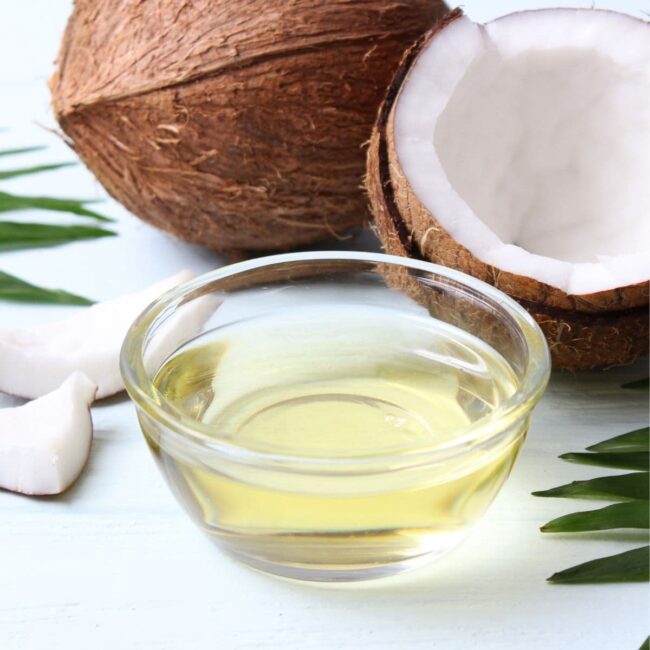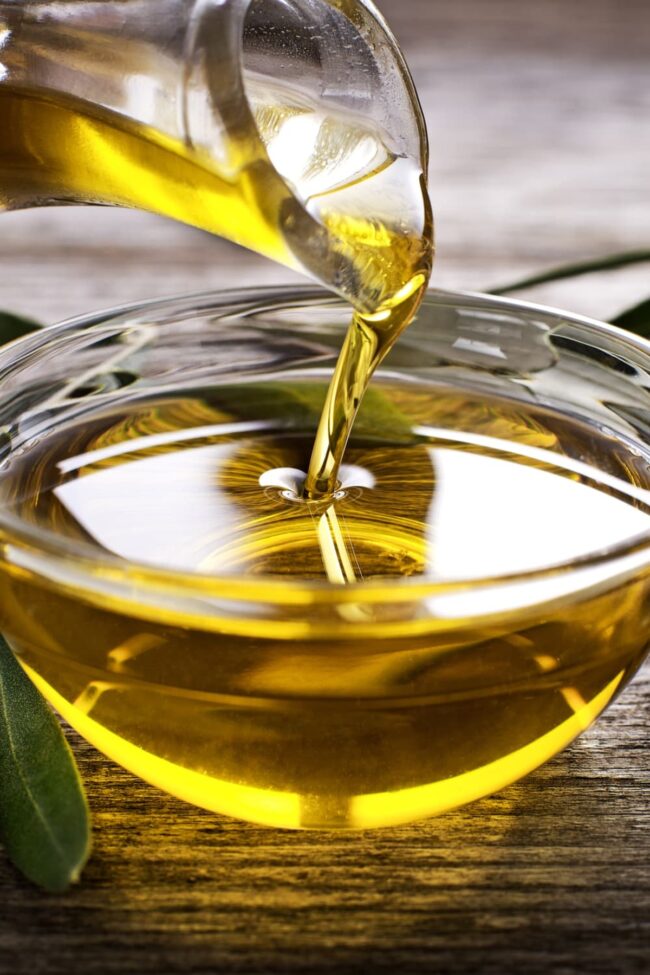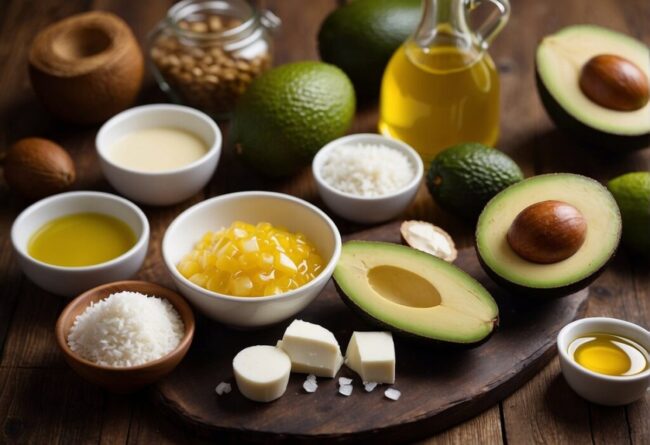3 Best Alternative Groups to Margarine for Any Dish
Margarine substitutes make sure recipes turn out just as delicious when this ingredient isn’t available.
Some alternatives bring the same smooth texture, while others add a unique flavor.
Whether spreading on toast, frying, or baking pastries, the right choice makes a difference.
A solid substitute keeps food light, rich, and just as tasty.
What Is Margarine?
Margarine is a butter alternative made from vegetable oils, offering a dairy-free option for cooking and baking. Different varieties have varying textures and fat content.
Margarine Varieties Explained
Margarine serves as a versatile spread that enhances both flavor and texture in various dishes.
This affordable alternative to butter is crafted from vegetable oils, ensuring a smooth consistency for easy application.
With options ranging from stick margarine, perfect for baking due to its higher fat content, to tub margarine designed for spreading on toast or vegetables, choices cater to different culinary needs.
Added vitamins often enrich these spreads, contributing nutritional value alongside taste.
Whether you’re whipping up baked goods or simply dressing up your meals, this ingredient adapts seamlessly into countless recipes.
Dietary-Specific Substitutes
Specific substitutes for various dietary needs accommodate different preferences and restrictions. They ensure balanced flavors and satisfying meals.
Vegan and Vegetarian Alternatives
Finding a suitable margarine replacement is essential for anyone on a vegan diet.
Vegetable oils like coconut, olive, and avocado oil work well in recipes, allowing you to maintain the desired texture and flavor.
Fruit-based spreads such as applesauce or mashed bananas not only add moisture but also enhance the binding properties of your baked goods.
Nut butters provide a rich taste while delivering protein, making them an excellent choice for various dishes.
While vegetarian substitutes may include dairy products like ghee or reduced-fat cream cheese, these options won't meet vegan dietary needs.
Low-Fat, No Cholesterol Choices
Reduced-fat cream cheese provides a creamy texture while cutting down on calories, making it an excellent choice for spreading on bagels or using in recipes.
Coconut and olive oils serve as healthier alternatives to traditional margarine, allowing you to enjoy your favorite dishes with less fat.
These options not only help in managing dietary needs but also add unique flavors that can elevate your meals.
Choosing these substitutes can lead to a lighter approach without sacrificing taste or satisfaction.
Keeping health goals in mind makes meal preparation both enjoyable and nourishing for you and those around you.
Allergy-Safe Options
Finding alternatives for common allergens can feel challenging, yet several options stand out.
Vegetable oils like canola oil offer a versatile base for cooking and baking without the worry of allergens.
Lard presents a traditional choice, perfect for those with no dietary restrictions but may not suit everyone due to health concerns or lifestyle choices.
Tofu serves as an excellent dairy-free option; blending it creates a creamy spread that works well in various dishes.
These substitutions open doors to delicious meals while keeping allergen-sensitive individuals safe and satisfied.
Health Concerns with Margarine Substitutes
Some margarine substitutes contain trans fats, which can impact heart health. Choosing healthier alternatives like butter, coconut oil, or avocado ensures better nutrition.
Fats and Cholesterol
Cholesterol management can feel overwhelming with so many options available.
Plant sterol or stanol-based spreads serve as effective allies in the quest to lower cholesterol levels, specifically engineered for this purpose.
Traditional butter often raises concerns due to its high saturated fat content, which may adversely affect heart health.
Hydrogenated oils frequently hide in conventional margarines and pose risks because of their trans fat content; limiting these is wise for your wellbeing.
Unsaturated fats from olive or canola oil emerge as healthier choices, promoting a more balanced lipid profile while adding flavor to your meals.
Vitamins and Healthy Boosts
Vitamins play a crucial role in maintaining overall health, with vitamin E being a standout antioxidant found in nut butters and various vegetable oils.
Vitamin C, essential for bodily functions, is typically absent from fats and oils yet remains vital for your immune system.
When exploring vegan options, certain nut butters or unfractionated coconut oil can provide healthy fats while adhering to plant-based diets.
Antioxidants are another key consideration; look for margarine alternatives enriched with compounds that combat oxidative stress effectively.
Products such as olive oil or specially fortified spreads offer both flavor and nutritional benefits that align well with health-conscious choices.
Comparing Margarine Substitutes
Comparing margarine substitutes involves evaluating fat composition, flavor, and performance in recipes. Different options provide unique benefits based on dietary needs.
Feel and Thickness
Substituting ingredients can elevate your baking while promoting healthier choices.
Mashed banana and unsweetened applesauce introduce moisture, creating a denser texture in cakes and muffins.
The creamy richness of avocado enhances cookies and brownies, while avocado oil offers a seamless swap for margarine without drastically changing the flavor profile.
Cream cheese brings a tangy touch to frostings, enhancing the overall taste experience with its thicker consistency.
Ricotta cheese adds an extra layer of creaminess to dishes like pancakes or banana bread, making every bite feel indulgent yet nourishing.
Storage Time and Tips
Fresh ingredients like mashed banana and avocado require quick usage.
Storing them in the refrigerator helps maintain their quality, but they should be consumed within a few days.
Unsweetened applesauce and avocado oil offer more flexibility with their longer shelf lives; just remember to check expiration dates and keep them in cool, dark spots after opening.
Cream cheese and ricotta cheese thrive when tightly sealed in the fridge, ensuring they stay fresh for your culinary creations.
Using only fresh produce when substituting will enhance the longevity of your baked treats significantly.
Recipe Substitutions Made Easy
Baking substitutions can be a fun adventure that leads to delicious discoveries.
Trying out mashed banana or applesauce?
Reducing sugar is key since both ingredients contribute their own sweetness.
Avocado serves as a rich alternative for butter, but using slightly less helps balance its moisture content.
When it comes to avocado oil, equal amounts work well in place of margarine, especially in recipes requiring melted fat.
Cream cheese and ricotta enhance textures; softening cream cheese beforehand ensures smooth incorporation while ricotta can create an extra layer of richness with just a touch less than the original margarine amount.



